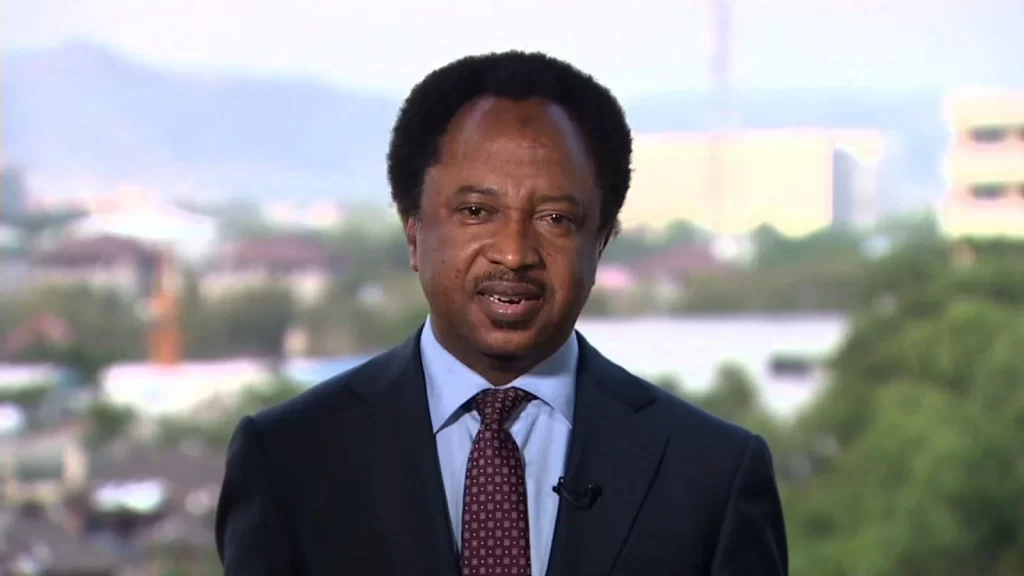A former federal lawmaker who represented Kaduna Central in the 8th assembly, Shehu Sani, has called on the federal government to shelve the idea of sharing N8000 palliative following the removal of fuel subsidy.
Sani stated this while speaking in an interview with Channels Television on Thursday.
The former senator noted that the subsidy regime in the country was a fraud and a cesspool of corruption.
He also argued that while the present government had the courage to remove subsidy, it lacked a clear layout plan on what to do.
“I think we should also be clear the past administration never made provisions for subsidies, but having known that after the elections, when the winner was announced within that space of a period, there is supposed to be a plan that there is bound to be consequences after this removal, and these are the plans that we have to tackle these issues.”
Sani said the previous administration embarked on a similar project by sharing money with vulnerable Nigerians, but it failed and made the people poorer.
“The palliatives [of the previous administration] were meant to solve the problem of poverty. How many people were poor before the administration of Buhari, and how many people end up being poor? In fact, the money that was shared by Buhari end up impoverishing the people more because you have 130 million people that are said to be in deeper poverty.”
Speaking further, he contended that if the FG goes ahead with the plan to share the loan, “it will be ‘suicidal’ and that there’s no difference in borrowing to pay for subsidy. Rather, the money should be used to support businesses so they can grow,” he said.
He maintained that for things to work after the removal of fuel subsidy, the right structures must be in place, including support for farmers to produce food and an increase in the minimum wage at the same time.










More Stories
Zelensky says he is ‘ready’ to resign as Ukraine president
In mass firings, Elon Musk’s DOGE demands U.S. federal employees detail work done in previous week or turn in resignations
Kidnappers abduct 60-year-old patient from Kano Neuro-Psychiatric hospital